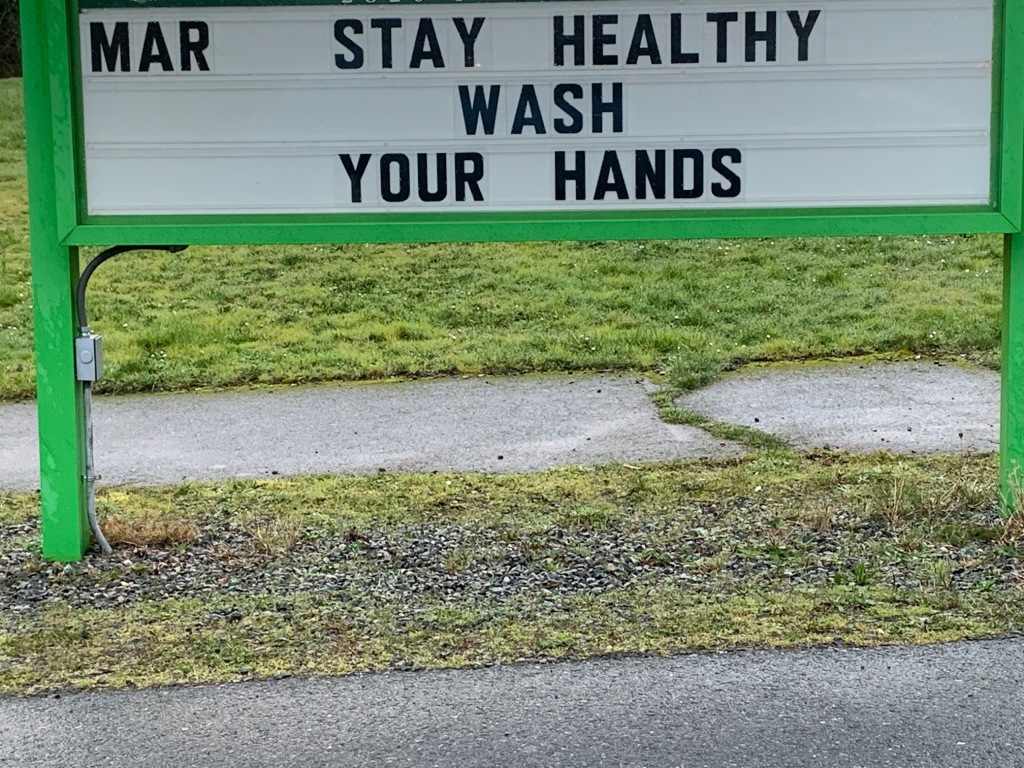And Yet, There Are Collateral Benefits – Los Angeles Education Examiner
And Yet, There Are Collateral Benefits
It’s not what you’d wish on your worst enemy, but all the same, there are bright spots amidst the coronavirus (CV) landscape.
On a brief (auto) trip to the bakery this weekend I passed through numerous residential neighborhoods, every one of which sported people outside, recreating. On bikes, with basketballs in hand, walking dogs, planting trees, shouting socially-distanced pleasantries – it was absolutely plain as could be that people everywhere were plonked back to the future in slower, simpler pleasures like gallomph-jogging side-by-side, challenging each other in bicycling-pairs to summit a hill, corralling the kids to participate in household chores and pet-care.
Who knew that contentious traffic calming measures of late would suddenly be rendered moot, casualties of the CV pandemic that has parked us all in our neighborhoods, not somewhere else. Maybe all we’ve really been needing was relief from the tyranny of scheduled events and organized activities.
Quoth one nearby teenager: “I am perfectly fine and content with being quarantined [which we’re not, to be precise] for a hot minute. I think it’s much more fun than being panicked about work in a social setting.”
Just like that: out of our cars, away from some overheated pressures – or at least perhaps a new configuration for them.
It’s true that while life may slow in some respects, responsibilities and worry and pressure do remain if in different form. There has been a Herculean effort – public and private – to collect information, establish centers of support, pull together.
Here is a list of some resources:
Governmental response including health information, public health measures




















